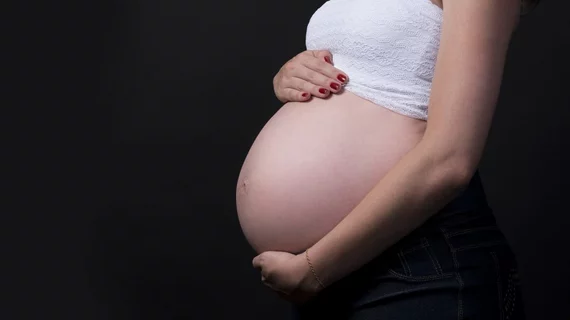Ultrasounds at UK children's hospital may detect abnormalities in fetuses at 12 weeks
Evelina London Children's Hospital in the U.K. recently invested in three ultrasound scanners that can detect heart defects and other abnormalities in fetuses as early as 12 weeks old, according to an article published July 13 by The Standard.
The three Superb Microvascular Imaging (SMI) Toshiba ultrasound scanners were part of a $2.3 million upgrade to the hospital that will provide clear images of a fetus's heart and blood vessels, detect blood flow and may allow for the possibility of corrective surgery or other invasive tests to be done while the fetus is inside the womb.
Ultrasounds with the new scanners will be offered to women whose unborn babies are found to have increased nuchal translucency—a collection of fluid at the back of the neck that suggests a heart or genetic abnormality—at 12 weeks, according to the article
"This technique provides enhanced early diagnosis of a heart problem in an unborn baby or confirmation that nothing is wrong, which is hugely reassuring for parents with a high-risk pregnancy," John Simpson, PhD, a professor of pediatrics and fetal cardiology at Lambeth Hospital in London, told The Standard. “The new ultrasound scanning technology is a game-changer for babies diagnosed with heart defects. Earlier diagnosis gives us much more time to plan care, to prepare parents for what is ahead and provide them with specialist support.”
Read The Standard's entire article here:

